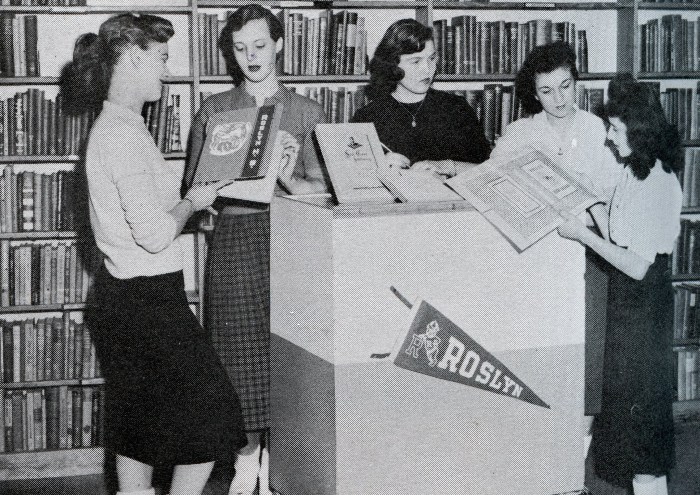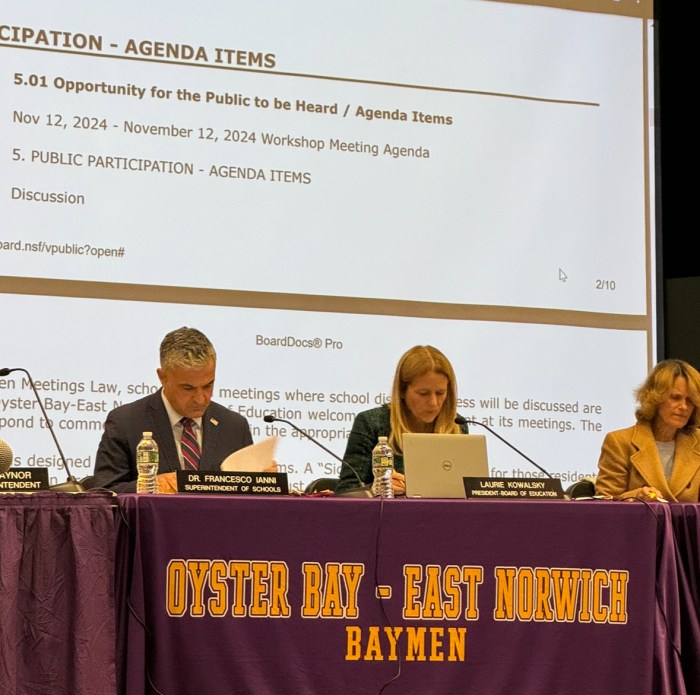 If you’re graduating high school or college this year and looking for a job, you have to know how to sell yourself into a job.
If you’re graduating high school or college this year and looking for a job, you have to know how to sell yourself into a job.
According to Bureau of Labor statistics, today’s graduates will have 12-15 jobs during their career. And it’s important to know what a career is: One’s progress through life in a particular vocation. Your career is an accumulation of what you do in your life. Some graduates know what type of career path they will pursue: i.e. mathematics, accounting, engineering, science, medicine, law, education, manufacturing, technology, etc. Others have no idea what their career path will look like. In either case, it’s okay as long as you understand you are competing with lots of graduates looking for a job.
 It’s also important that you know what work is and what a job is. WORK is an acronym for Worthwhile Opportunity Requiring Knowledge and a JOB is an acronym for Just Opportunity Beginning. You notice that “opportunity” is common to both acronyms.
It’s also important that you know what work is and what a job is. WORK is an acronym for Worthwhile Opportunity Requiring Knowledge and a JOB is an acronym for Just Opportunity Beginning. You notice that “opportunity” is common to both acronyms.
Regardless of what type of work you do and job you have, you have an opportunity to learn and gain experience that helps you navigate your career path. You’ll learn about: the job and its responsibilities, hours you work, people you work with, culture of the business, clothes you wear at work, the products and services at the job, the challenges the job presents, how you get to work, where you have to live to get the job and, of course, your income package and what increases are possible over time. Every job adds to your resume of responsibility and accomplishment.
Remember, there are no unimportant jobs. Every type of job increases your knowledge. Your career path is all about finding, making and taking advantage of opportunities.
It’s unlikely (but not impossible) that your first job will be the best job for you. It’s important that you work at it as if it’s the best job for you. Why? Because people you work with pay attention to what you do and how you do it. They see how competent and dependable you are and how well you work with the people around you.
Here are some tips to help you get that first job.
Your resume is important, and being able to talk about what’s on it with confidence and enthusiasm is very important. A resume might get you an interview, but once there, you have to be able to explain what’s on the resume and make it sound interesting. How do you do that? You practice speaking what you’ve written. Ask family, friends, teachers or coaches to listen to you and tell you if you sound confident and comfortable while you’re speaking. You have to practice a lot.
Networking is something you do every day and it’s simply meeting people, getting to know them, and letting them get to know you. Make a list of people you know or want to know who are in jobs that interest you. Contact them and ask for their advice and help. If they help you in any way, send them a handwritten thank you note. Then, be sure you keep in touch with them every so often and let them know how you’re doing. Networking is something you’ll do all through your career because…you can’t know enough good people.
Practice these five HOPE skills: first impression, interpersonal, communication, presentation and selling. These skills prepare you to meet, earn support from and work effectively with people, the “one” thing that’s the same in every job and type of work. You use these skills in every job. Everyone can learn and apply these skills by training yourself to practice them. And, as you grow, these skills grow with you, becoming more refined over time. With these skills you will interview successfully, network effectively, build supportive relationships, and be a confident leader.
Some people are reluctant to take jobs that they think are beneath them, which is a mistake, because every job presents opportunities to learn and grow. And, if you start at or near the bottom, the only way to look and go is up. When you do an outstanding job every day, people notice. And that can result in you earning the opportunity to be given more responsibility.
The door of opportunity is open when you do outstanding work in every job.
 Bob Wolf is founder of HOPE: The Students’ Bridge To Business and the HOPE Skills Program. Visit the HOPE Skills YouTube channel for more information.
Bob Wolf is founder of HOPE: The Students’ Bridge To Business and the HOPE Skills Program. Visit the HOPE Skills YouTube channel for more information.





























